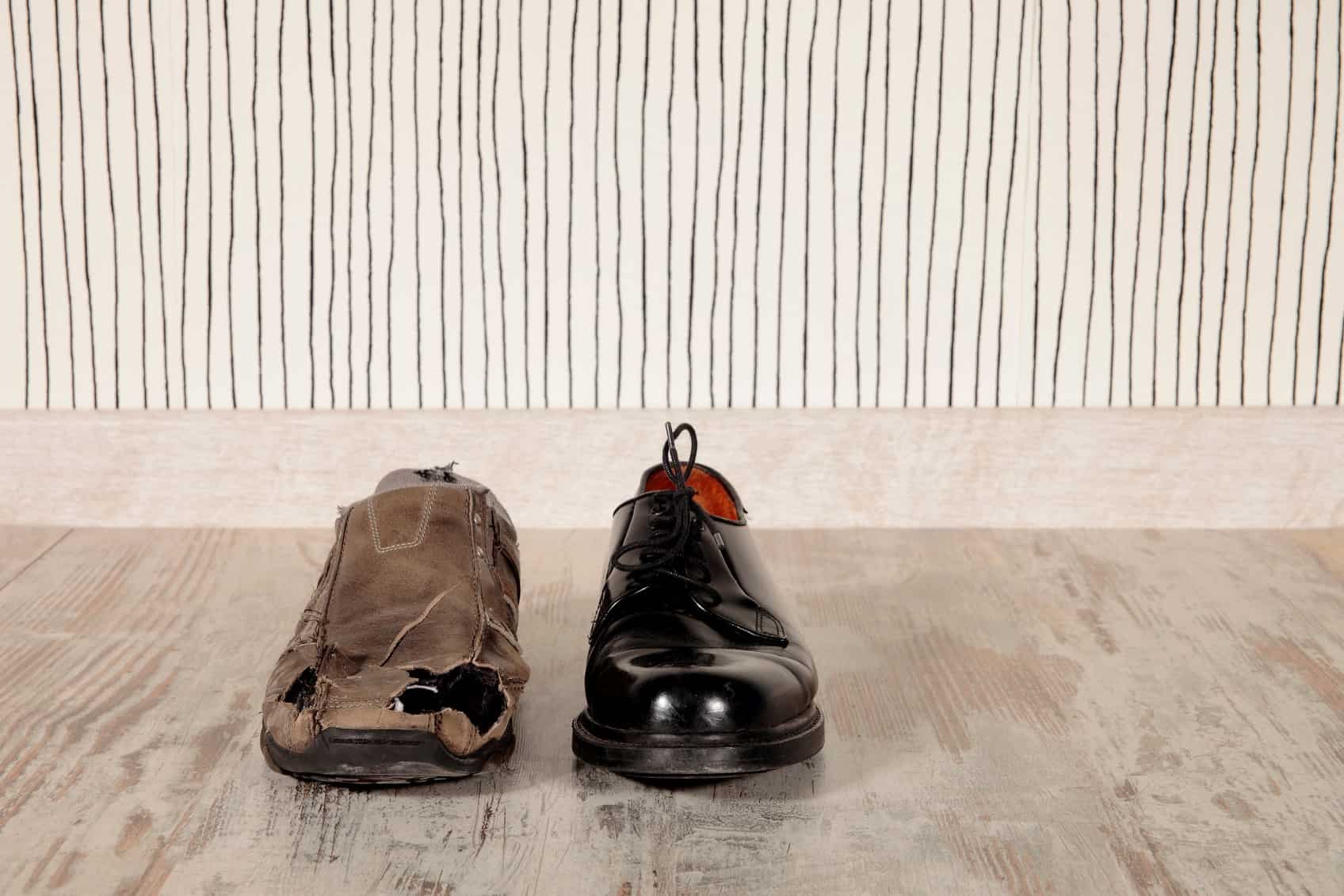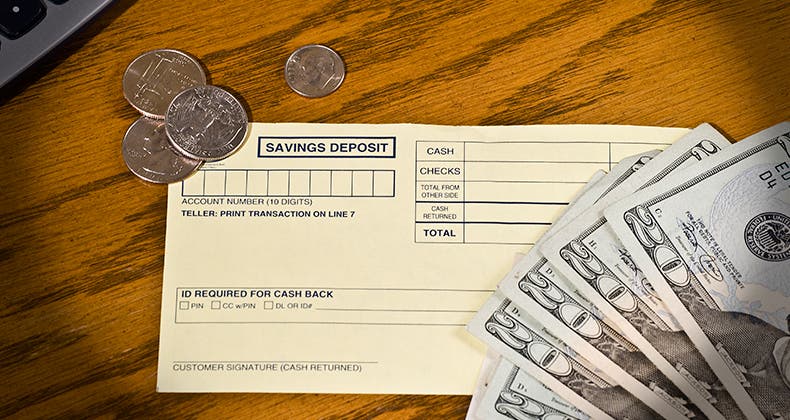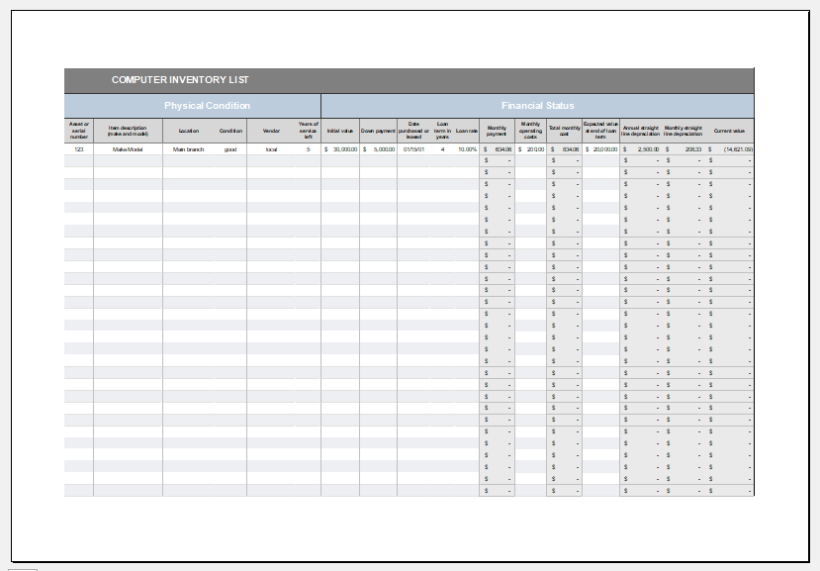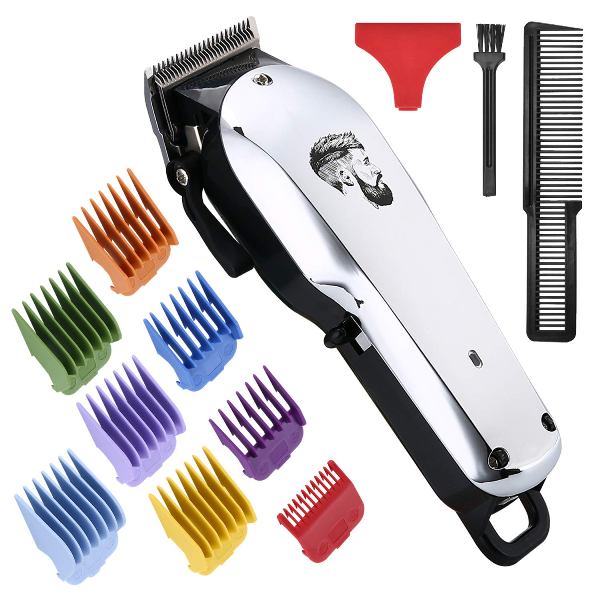Table of Content
In other words I could have thousands of dollars in my account but only have access to a small percentage of it today. There are many reasons for this, but consider that most banks don’t keep a lot of paper currency on hand to begin with. If a handful of people were allowed to empty out their accounts today, the bank would run out of cash quickly. Bankrate follows a strict editorial policy, so you can trust that we’re putting your interests first.
Banks, on the other hand, employ top-notch security to make sure that your money stays safe. Keep in mind that online banks tend to offer higher rates than brick-and-mortar banks. You may also pay fewer fees at an online bank and face lower minimum deposit requirements.
Cash at Home Isn’t Insured Against Theft or Loss
But know the rules of the bank account and make sure you follow them. Depositing money into a bank account does not change whether the money is taxed or not. You owe tax on your tips, and should report them as income on your tax return, regardless of whether you keep them in cash or put them in the bank.

Aim for building the fund to three months of expenses, then splitting your savings between a savings account and investments until you have six to eight months' worth tucked away. Checking accounts are designed to handle many transactions, such as paying bills or withdrawing cash you need on hand for daily expenses. The amount of money in your checking account should be enough to pay your monthly bills, withdraw cash for other expenses, and so that you don’t get hit with overdraft fees. David Ramsey recommends that the amount of the buffer should make you feel comfortable, but also not be an amount that would tempt you to overspend. With a checking account, for instance, consider things like minimum balance requirements, monthly fees and whether you can earn interest.
Another Budget Strategy: Dave Ramsey's Method
While our articles may include or feature select companies, vendors, and products, our approach to compiling such is equitable and unbiased. The content that we create is free and independently-sourced, devoid of any paid-for promotion. If you make a practice of keeping several thousand dollars in cash at home, it’s effectively dead money.

For example, you wouldn't see the growth that comes from compounding interest. This refers to interest on interest, or investment returns on investment returns—so if you invest $100 and receive 10% interest per year, you have $110 by the end of year 1. The longer you keep your money saved or invested, the more compounding periods occur, and the more your money grows.
How to Choose a Bank Account
Bankrate is compensated in exchange for featured placement of sponsored products and services, or your clicking on links posted on this website. This compensation may impact how, where and in what order products appear. Bankrate.com does not include all companies or all available products. So, if you’re currently keeping your money at home, it’s probably time to move it from your sock drawer to a savings account. But, if you’re still questioning whether it’s a good idea, keep reading.

We are an independent, advertising-supported comparison service. MyBankTracker generates revenue through our relationships with our partners and affiliates. We may mention or include reviews of their products, at times, but it does not affect our recommendations, which are completely based on the research and work of our editorial team. We are not contractually obligated in any way to offer positive or recommendatory reviews of their services.
Many financial advisors will recommend that you keep at least some cash at home. It’s the perfect passive investment, and it will at least enable your money to retain its value against inflation. You don’t even have to do anything to earn that kind of money. And that maintains the real value of your savings in a way that cash at home can’t.

For example, you might be capped at $1 million for a single deposit account and $3 million across all of your accounts. On the other hand, no bank can fully guarantee to give us complete access of our money at any given moment. Most banks have a withdrawal limit and debit card payment limit.
How much cash you should keep in the bank depends on your financial situation and savings goals. If you don't budget correctly, you may not have anything to keep in your bank account. Now’s the time to develop one—or refine the way you've planned up to now. In addition to keeping funds in an account, you should also keep between $100 and $300 cash in your wallet and about $1,000 in a safe in your home for daily expenses. So, in short, yes, the IRS can legally take money from your bank account.

Most financial gurus would probably agree that if you start saving something, that’s a great first step. Here are five ways you can protect your savings so that you can really start to see a difference in your financial picture. The most secure place to install a safe would be at the corner where two outside walls meet.
One thing to keep in mind is that these numbers don’t include people who are unbanked or underbanked. According to the Federal Reserve’s 2021 report on the Economic Well-Being of U.S. Households, roughly 18% of American households don’t use bank accounts or rely on alternative financial products and services. Banks and credit unions can impose limits on the amount of money you can keep in a checking, savings, money market or CD account. These limits can be imposed per account or as an aggregate across all your accounts.
Stuffing cash away in envelopes or aesthetically pleasing organizers gives consumers a tangible view of their finances. With credit and debit card spending, it’s often easy to lose track of how much you’ve spent, accumulate debt and derail your budget. Cash, on the other hand, comes with built-in guardrails — once it runs out, you can’t spend any more. Today, however, there are protections that provide peace of mind against these concerns. Banking is among the most stable industries—bank failures are relatively rare, and the FDIC insures up to $250,000 per depositor, per account ownership category. For many people, stashing their savings at home in cash can feel like the safest option.
Amid the pressures of inflation, it has helped many consumers more effectively keep track of their spending and cut excess costs. If you prefer to avoid the stock market altogether, an FDIC-insured account such as savings, money market or a certificate of deposit, or CD, could be a good choice. Low-risk investments, such as income funds and money market mutual funds, offer the potential of steady, long-term growth through compounding returns without significant market risk. Instead, customers may make an unlimited number of transfers and withdrawals from their savings. Banks are not required to implement this change, so check with your bank for details. Finding the right balance is key to managing your bank accounts.


No comments:
Post a Comment